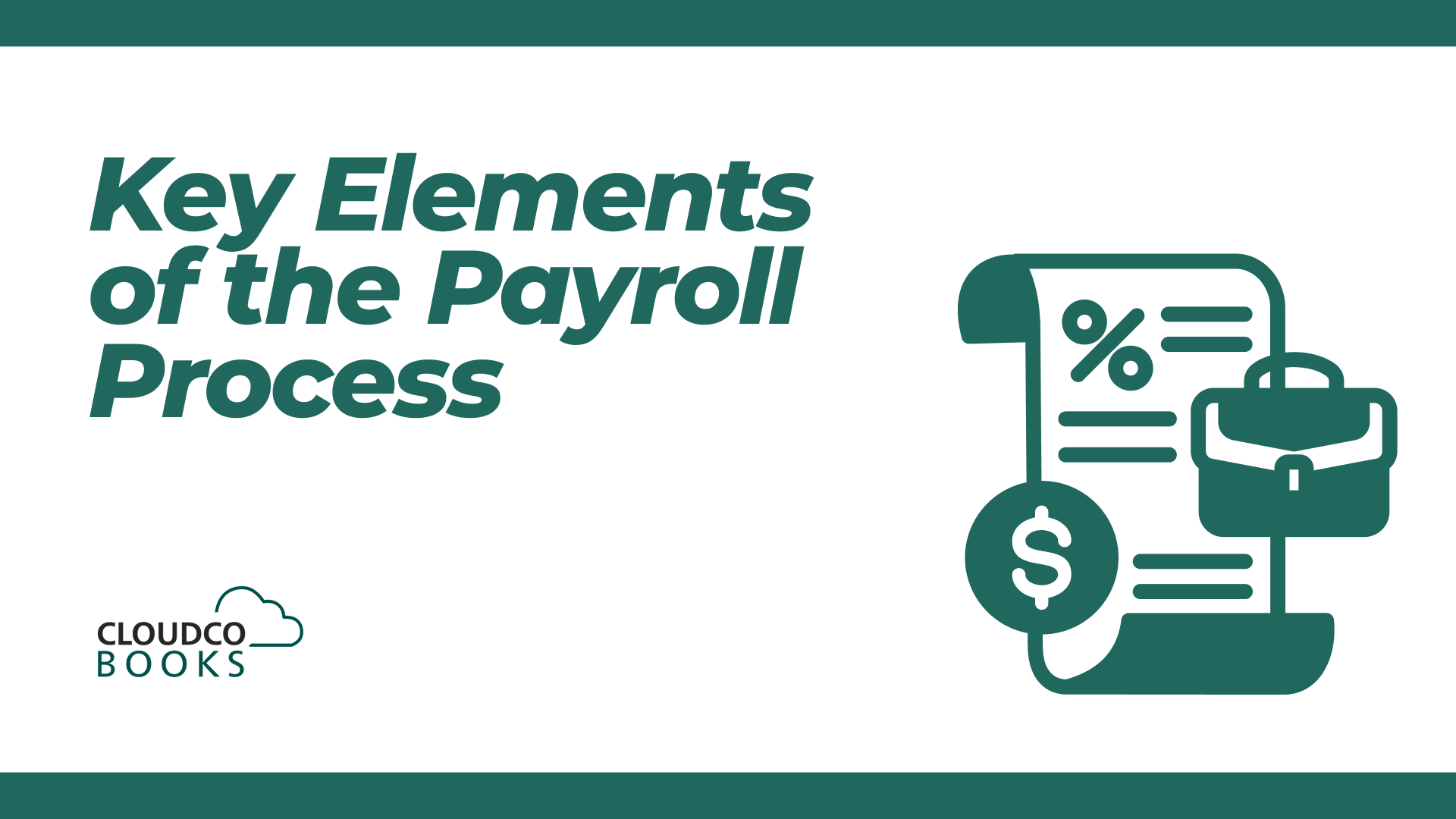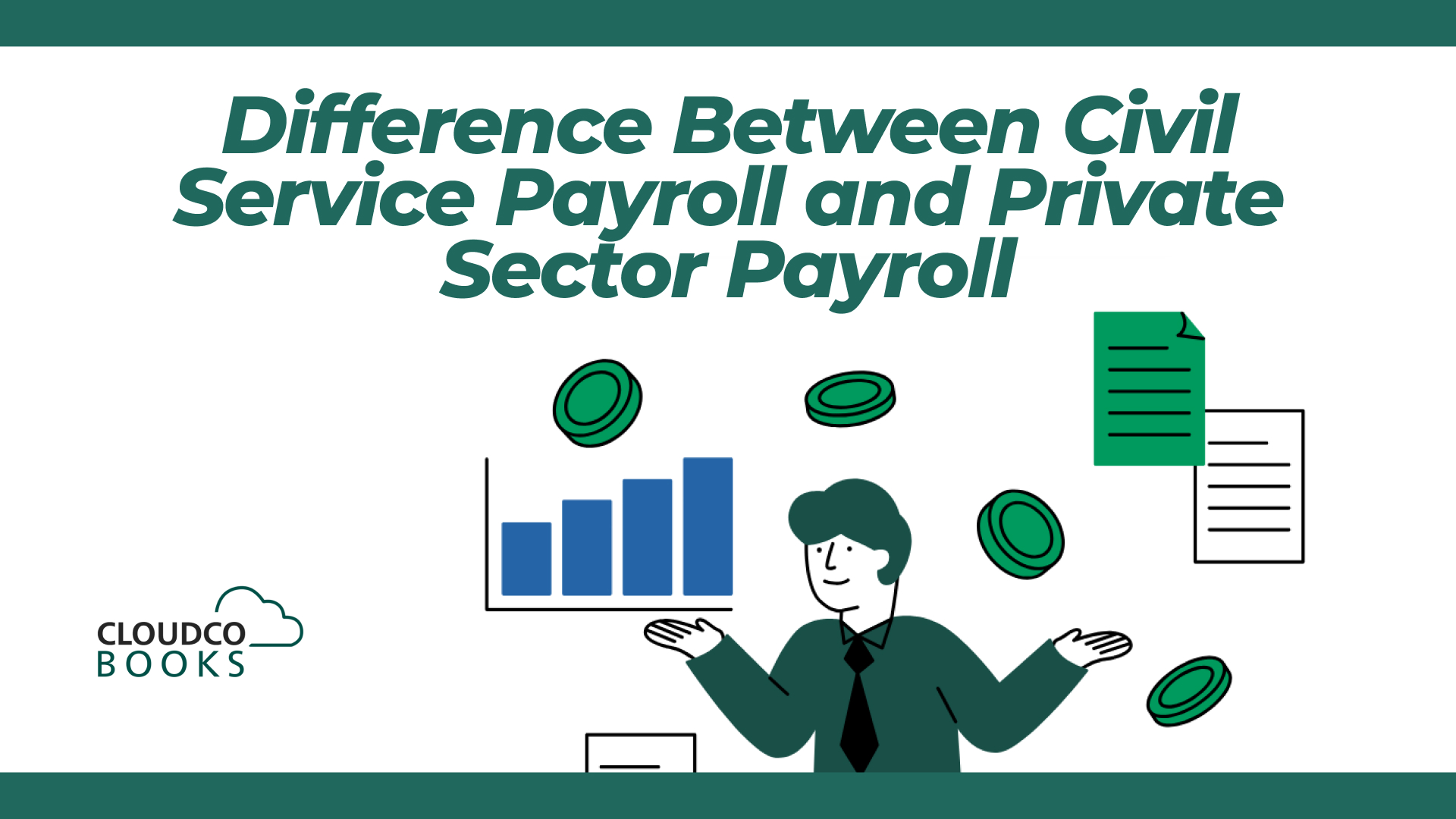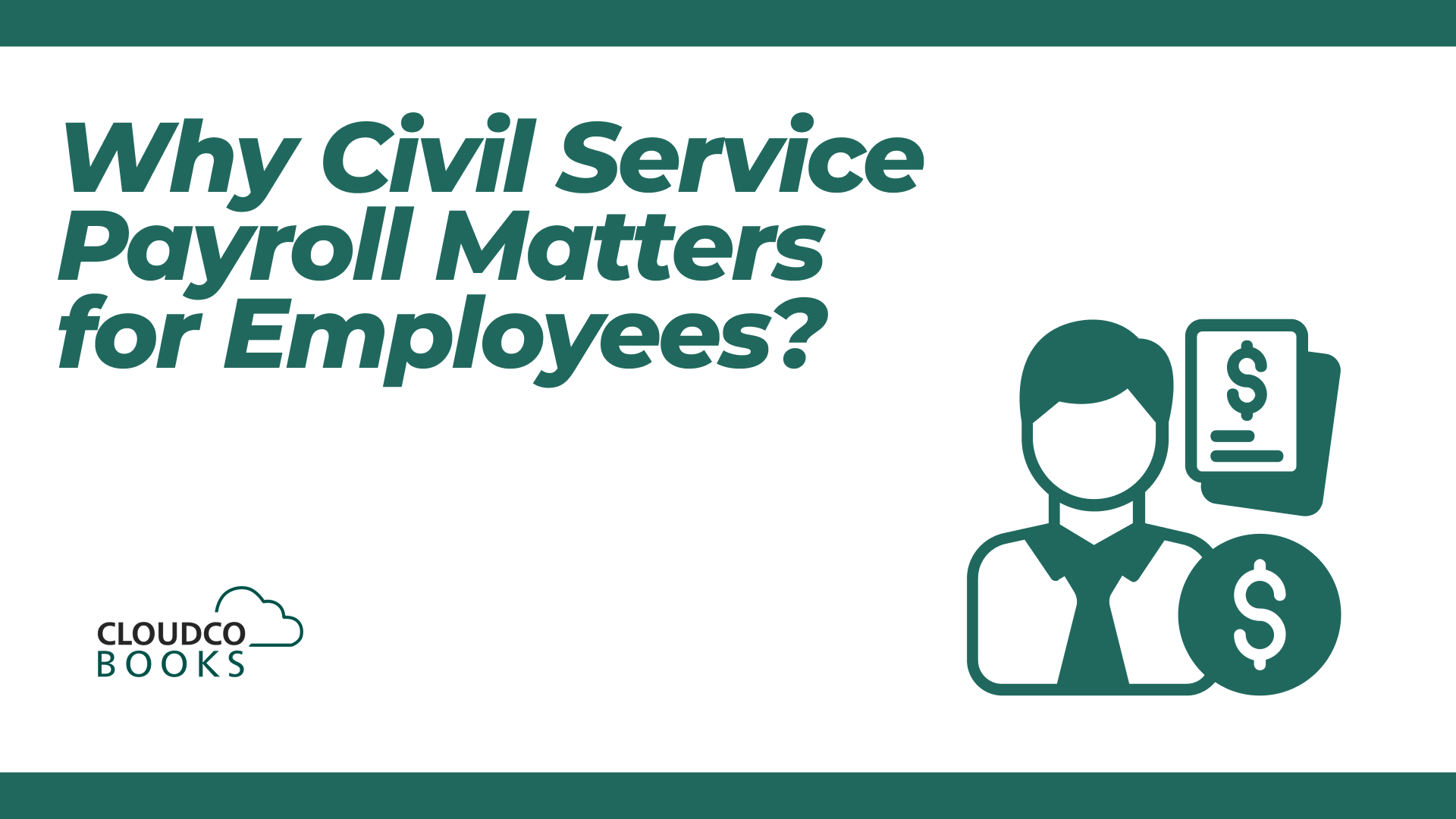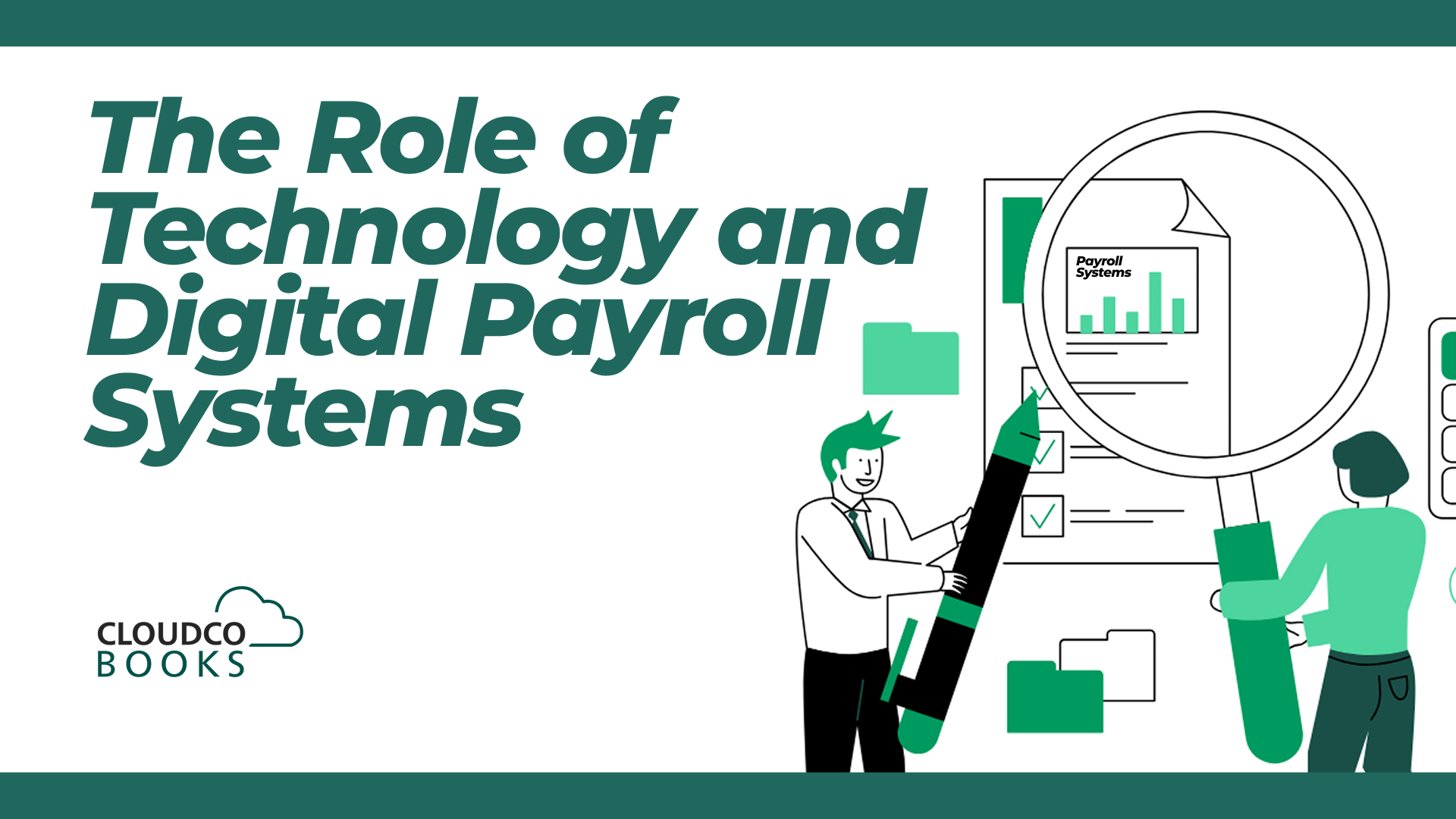Civil service payroll is the system that manages how public sector employees are paid in the United Kingdom. It ensures that salaries, pensions, deductions, and taxes are handled correctly and on time. This process ensures financial stability and transparency for thousands of government workers.
Understanding how it works is essential for both employers and employees. For employees, it provides clarity about their pay structure and benefits. For public sector organisations, it helps maintain compliance and fairness.
This guide explains civil service payroll, how it functions, and why it plays a central role in the UK’s public employment system.
Understanding Civil Service Payroll
Civil service payroll refers to the management of payments, allowances, and deductions for government employees. These include people working in central government, local councils, healthcare, education, and other state-funded bodies.
The payroll process is managed within strict legal and procedural frameworks. Each payment follows rules defined by HMRC and government employment regulations. Salaries are usually paid monthly, and every employee has a detailed payslip showing their earnings, tax, pension, and other deductions.
Accuracy in civil service payroll is not just an administrative goal. It reflects accountability and public trust. Since the money comes from public funds, every payment must be transparent and compliant with financial standards.
Key Elements of the Payroll Process

Civil service payroll covers more than paying salaries. It includes:
- Salary Calculation
Every employee’s salary is calculated based on their grade, role, and years of service. Incremental pay structures are common in public jobs.
- Tax Deductions
Payroll teams calculate Income Tax, National Insurance, and other deductions using HMRC systems. The process ensures that contributions are accurate and updated.
- Pension Contributions
Civil service pensions are a major part of the system. The payroll team ensures each contribution is properly recorded and transferred to pension schemes.
- Leave and Allowances
Annual leave, sick pay, maternity, or overtime are included in the calculation. Each adjustment must follow official guidelines.
- Record Keeping
Every payroll entry is recorded for compliance and audit purposes. Transparency is mandatory in public sector finance.
These steps ensure that payroll data is consistent, secure, and verifiable. Any mistake can affect not only an employee’s income but also the financial credibility of the department.
Difference Between Civil Service Payroll and Private Sector Payroll

While both systems aim to ensure accurate and timely payments, they differ in structure, compliance, and focus. The table below outlines the key distinctions:
| Aspect | Civil Service Payroll (Public Sector) | Private Sector Payroll |
| Objective | Focuses on fairness, stability, and compliance with government policies | Focuses on flexibility, performance, and company goals |
| Pay Structure | Standardised pay grades across departments | Varies by company and employee performance |
| Funding Source | Paid from public funds managed by government budgets | Paid from company revenue or profit |
| Pension Scheme | Guaranteed civil service pension with government backing | Company-based or private pension contributions |
| Bonuses and Incentives | Limited or defined by policy | Common and performance-based |
| Transparency | Salary scales and structures often made public | Pay details usually private and confidential |
| Regulation | Governed by national policies, HMRC, and public accountability | Governed by employment law and company policy |
| Payroll Flexibility | Low flexibility, fixed increments and rules | High flexibility, subject to company discretion |
| Job Security | Generally higher due to long-term employment structures | Depends on market and business stability |
In simple terms, civil service payroll prioritises equality and public accountability, while private payroll focuses more on business performance and financial efficiency.
Why Civil Service Payroll Matters for Employees?

For employees, payroll is more than just receiving a salary. It reflects the stability and fairness of public service. Regular and accurate payment builds trust between the government and its workforce.
Civil service payroll ensures that every employee receives the benefits promised under their contract. This includes pensions, paid leave, and statutory allowances. It also guarantees that deductions are made correctly, preventing future disputes or financial errors.
When the system works well, it reduces financial stress. Employees know when and how they will be paid. They can plan their personal budgets with confidence. This reliability is one reason many professionals value public sector employment.
The Role of Technology and Digital Payroll Systems

Technology has reshaped payroll management across the public sector. Many departments now use digital systems to automate payments, generate reports, and maintain compliance.
Modern payroll software connects directly with HMRC, reducing manual errors. It updates tax codes, pension rates, and other financial data automatically. Digital tools also make it easier for employees to view their payslips, track deductions, and manage pension details online.
Automation saves time and cuts the risk of mistakes. It also supports better data security. Payroll information is sensitive, and digital systems add layers of encryption and access control.
Over time, this shift to digital payroll improves efficiency while keeping records transparent and auditable.
How Cloud Co Books Supports Civil Service Payroll

Managing civil service payroll can be complex, especially for departments or agencies that handle large numbers of employees. This is where professional support services make a difference.
Cloud Co Books helps public sector organisations simplify payroll administration. Their team ensures that salary processing, tax reporting, and pension calculations remain accurate and compliant with UK payroll standards.
By using cloud-based payroll technology, they reduce paperwork and improve data accuracy. Their systems allow for real-time updates and easier collaboration between HR and finance departments.
Cloud Co Books’ approach is straightforward. They focus on accuracy, transparency, and reliability, the same values that define civil service payroll. For government departments and local councils seeking a smoother, more compliant payroll process, such expertise can make daily operations more efficient.
Common Payroll Challenges and How to Manage Them
Even with strong systems in place, civil service payroll teams face recurring challenges. Managing these effectively ensures employees continue to receive fair and timely pay.
Data Accuracy
Human error can cause incorrect payments or deductions. Regular audits and digital verification tools help maintain data accuracy.
Compliance Changes
Tax laws and pension rules change frequently. Staying updated is crucial to prevent legal issues or incorrect deductions.
System Integration
Departments often use different HR or finance systems. Integrating these ensures payroll data flows correctly between teams.
Employee Queries
Staff may need clarification about deductions or allowances. Having a clear communication process improves trust and reduces confusion.
Security Risks
Payroll data contains personal and financial information. Protecting this data through encryption and access control is essential.
By addressing these issues with the right tools and processes, public sector organisations can maintain efficient payroll operations.
Final Thoughts
Civil service payroll is the backbone of financial management in the UK public sector. It ensures government employees are paid accurately, legally, and on time. The system also maintains public accountability and supports long-term benefits like pensions and allowances.
For employees, payroll reliability means confidence and stability. For departments, it represents integrity and good governance.
As the public sector continues to modernise, digital payroll solutions and professional support from trusted firms such as Cloud Co Books will keep this system effective and transparent.
Civil service payroll may seem administrative on the surface, but it is one of the key functions holding public service together.
